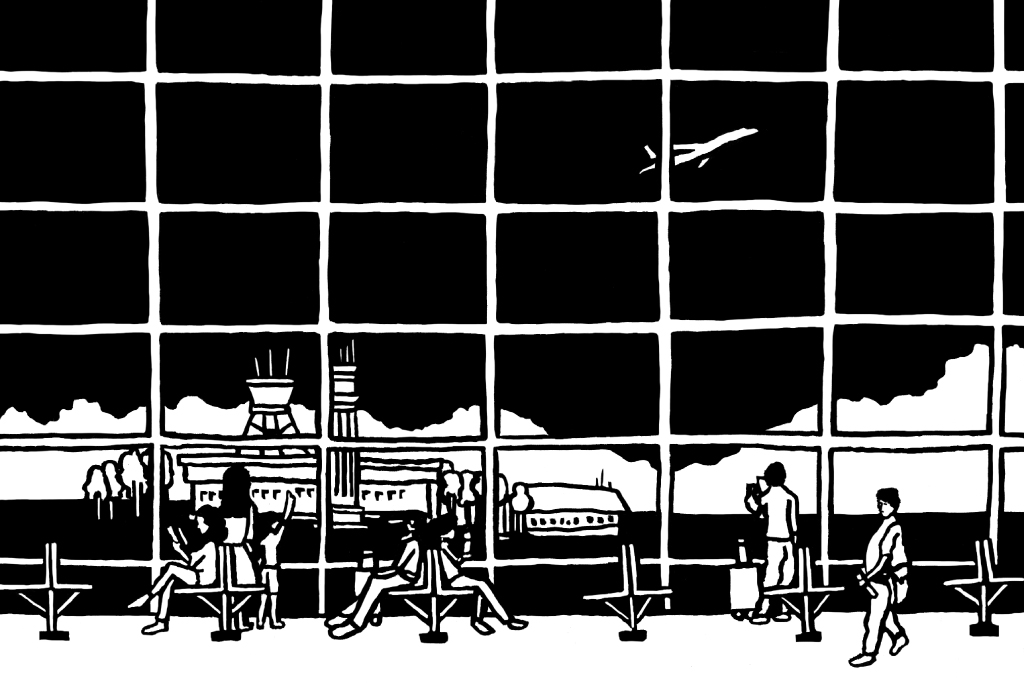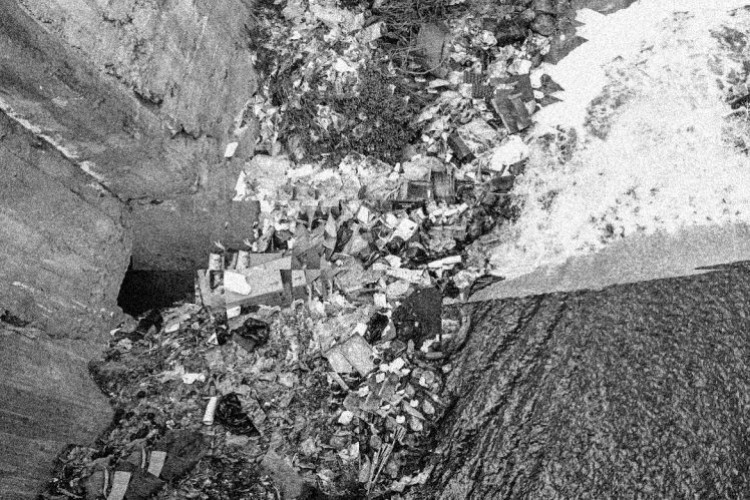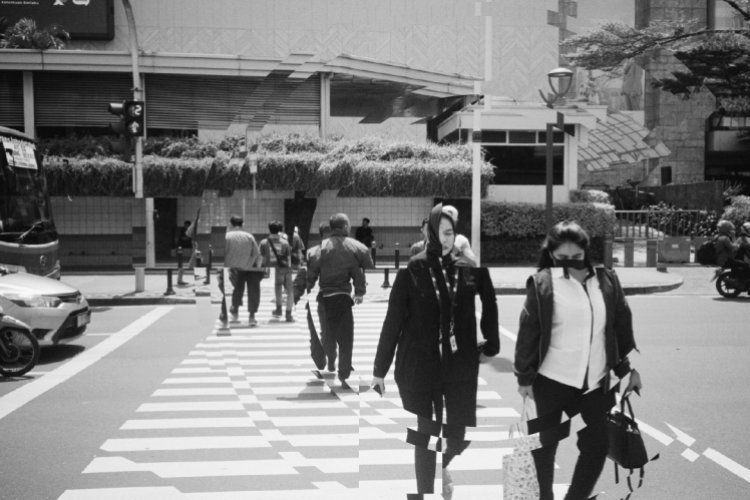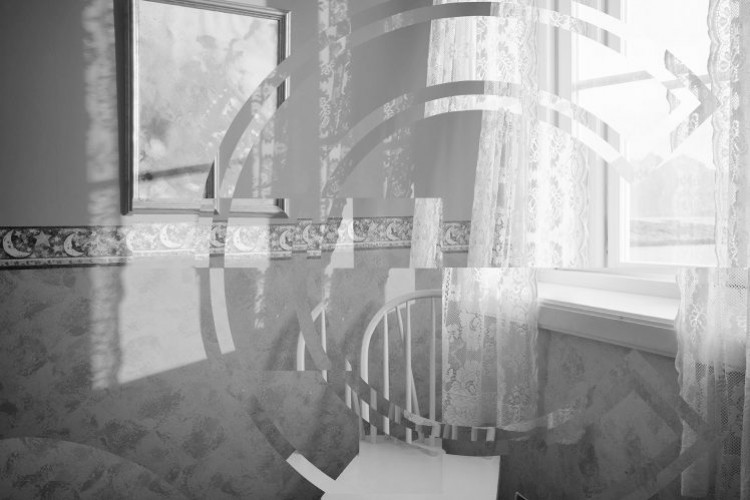
Routines, traffic — which, by the way, have only become worse during this rainy season — and daily obligations ranging from work to running mundane errands are only a few among the many reasons that make us want to pack our bags and grant ourselves a break. Unfortunately, reality is not always so generous, and we are forced to develop various coping mechanisms to battle the humdrum of everyday life. Some of us choose to dedicate our free time to our hobbies, while others try to see the city they live in with new eyes in hopes of finding new and exciting things.
While such methods are often quite effective, romanticizing the familiar tends to be more dangerous than romanticizing the unknown. It may lead to complacency or more tragically, a voluntary refusal to explore places and cultures that exist beyond the invisible boundaries of our comfort zones. Many people seem to be aware of this — whether they realize it or not — and choose to spend their spare time going to other cities or countries. The availability of many affordable means of transportation and accommodations makes travelling much easier — so much so that Klara Glowczewska, the editor in chief of Conde Nast Traveler, noted that much of our daily discourse about travelling revolves around “booking strategies, reservation policies, fare negotiations, crowd avoidance, security procedures.” The Indonesian proverb, “Banyak jalan menuju Roma” (There are many ways to go to Rome), takes on a literal meaning these days. In short, travelling is no longer a luxury. Having the time to do it, on the other hand, still is.
Since time is a persistent factor in travelling, we have to learn how to cheat it. It is important to note that “travelling” is not always synonymous with “going to faraway places.” A resident of Jakarta who chooses to spend a few days in Bandung is travelling. Even going to a different part of Jakarta can be considered as an act of travelling. The distance between our starting point and our destination is secondary to what I would consider to be the essence of travelling: encountering the unfamiliar. To gain even more value from our adventures, however brief or close to home they may be, we ought to face the unfamiliarity. In order to really know a person, offering a handshake will only get us so far, but engaging in a conversation will make us learn a lot. A place demands no less.
Being practically prepared, however, is not the same as being mentally prepared. We may have our bags and tickets, but are our minds ready? The main source of disappointment is, in many cases, expectation. Prior to a journey, curiosity often gets the best of us, and we end up feeding on information from the Internet or glossy travel magazines. We bookmark lists of “Top 10 Restaurants” or “Best Beaches” and perhaps even binge-read or binge-watch the positive and negative personal accounts of more seasoned travellers. While there are clear advantages in knowing these things, there are disadvantages as well. Knowing too much might make us underestimate or overestimate the quality of our impending journey. It is indeed difficult to resist the temptation of knowing things ahead of time, but each person experiences each place differently. Travelling ought to be a process of unraveling the unfamiliar rather than a process of proving or disproving information.
Despite my numerous emphases on the importance of building a connection with the unfamiliar, I think that it is equally important to travel with the familiar tucked safely in our pockets. Some might think that one should not make too many comparisons while travelling because every place has its own strengths and weaknesses, but in my opinion, comparing should be encouraged. We compare because we all have our own sets of standards. It is a pure result of cultural conditioning. Pinpointing the differences between things we find at home and the things we find on our journeys can make us gain new perspectives. It makes us challenge our standards. Are they too high? Are they too low? What can we do to improve our own way of life back home? In the end, it becomes a learning experience.
In Let the Great World Spin, a touching and beautifully written novel, Colum McCann wrote, “It struck me that distant cities are designed precisely so you can know where you came from. We bring home with us when we leave.” When we throw away everything we know for the sake of experiencing something new, we are not multiplying our perspectives; we are merely replacing them. Comparing subtle differences and obvious similarities is as important as comparing subtle similarities and obvious differences. Picking up habits or ways of thinking that can be applied to the context of our everyday lives back home can be beneficial. It is all a matter of finding the right combination between the familiar and the unfamiliar. After all, being too isolated from what we are familiar with will most likely make us feel detached from the place we are in, as well as the place we are from. This is especially true when we are visiting other cities (since nature getaways require a completely different set of skills). Finding commonalities is a way of reducing confusion and frustration when navigating through foreign terrain.
Travelling is an exercise in heightening the senses. It tests our cultural and general interpersonal sensitivities. When we are on a journey, we sometimes discover that the unknown is nothing more than a variation of what we already know — especially when we interact with people. Cultural diversity may have caused major differences between different groups of people, but when it comes down to it, humans are humans, no matter where we are from or where we are going.
This essay series is an invitation to a journey. I hope that we will have found new ways of recognizing and reconciling the familiar and the unfamiliar by the time we reach the final destination.











